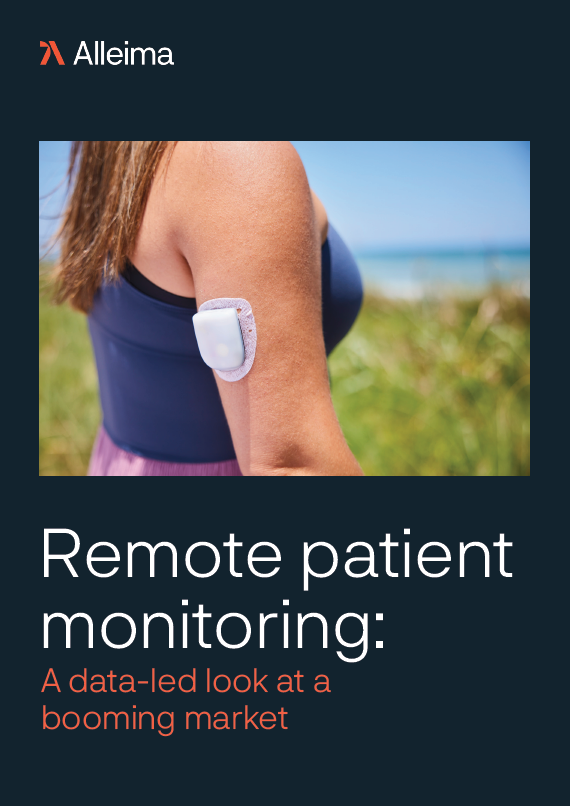
Chinese company Sibionics has obtained a CE Mark for its GS1 continuous glucose monitoring system (CGM), a wearable device that uses an under-the-skin sensor to measure glucose levels in real-time, transmitting the information to a linked handset or mobile phone.
The GS1 CGM offers users 14 days of continuous glucose monitoring without the need for frequent calibration. It allows users to transmit glucose data to monitoring devices or mobile apps and generate professional reports.

US Tariffs are shifting - will you react or anticipate?
Don’t let policy changes catch you off guard. Stay proactive with real-time data and expert analysis.
By GlobalDataAn additional feature of the system supports data sharing with friends and family and integrates the ProView remote access platform for healthcare providers to monitor and intervene.
The GS1 CGM received marketing approval in China in 2021, and the company claims that it is the first blood-glucose meter without the need for finger blood calibration.
Sibionics was established in 2015 and focuses on combining medical technology with artificial intelligence (AI). A US research and development centre was established in the same year.
The company also launched the KS1 continuous ketone monitoring (CKM) system, a consumer-grade biowearable. The device helps patients achieve and maintain ketosis when the body uses fat instead of glucose as its main energy source. It features up to 14 days of uninterrupted usage, real-time tracking via an app, and personalised ketogenic diet guidance.
In December 2022, Sibionics announced that it had raised nearly 500 million yuan ($71.7m) in a Series D round of financing to expand the development of its AI-based medical devices for chronic disease management.
Lead investors Shanghai Biomedical Industrial Equity Investment Fund and Guangdong Chinese Medicine and Mass Health Fund, as well as private equity company Industrial Securities Capital, Next Capital and Hong Kong-listed property developer China New Town, participated in the Series D round.
GlobalData predicts the wearable technology sector will be worth $156bn by 2024, with medical wearables being a key driver.







